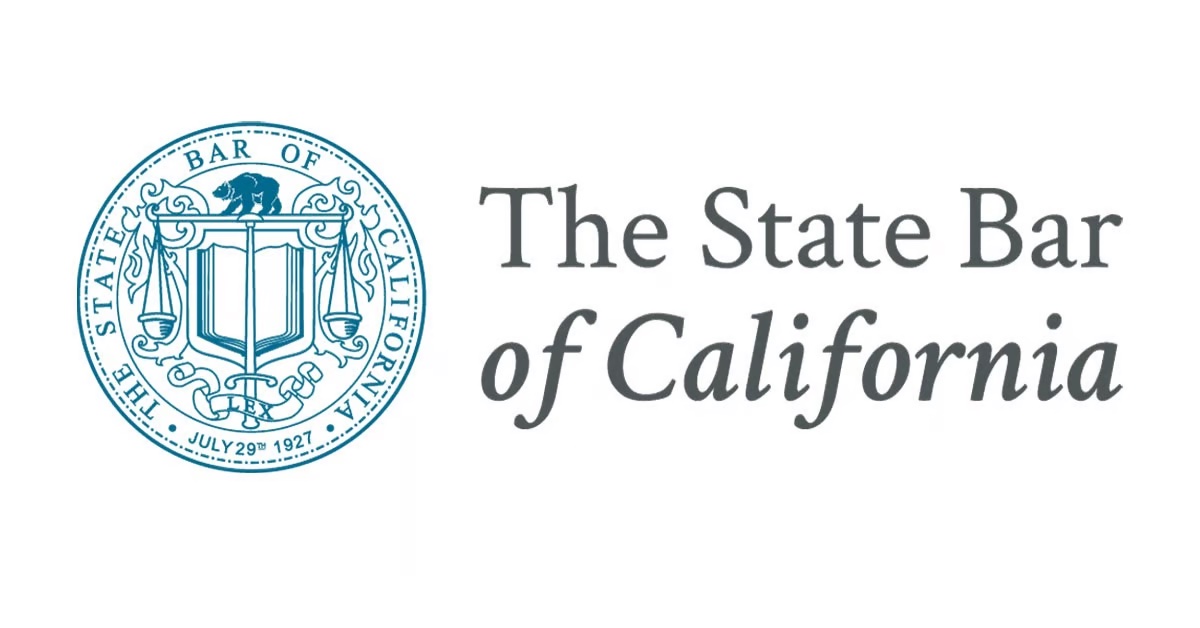and Probate Law Firm
Probate Personal Representative Fee
As a Folsom lawyer who specializes in probate, one common area that I advise clients on is the fee that they are entitled to for their work on the probate. In California, the personal representative fee, often referred to as the “executor’s fee” or “administrator’s fee,” is compensation paid to the person appointed to administer the estate of a deceased individual. The personal representative is responsible for handling various tasks associated with settling the estate, including gathering assets, paying debts and taxes, and distributing assets to beneficiaries or heirs. The fee is typically a percentage of the total estate value, but it can be subject to limitations and court approval.
Here are some key points regarding the personal representative fee in California:
- Calculation of Fee: The personal representative fee in California is typically calculated based on a percentage of the total estate value. The California Probate Code specifies that the fee is as following:
- 4% for the first $100,000 of the estate value
- 3% for the next $100,000
- 2% for the following $800,000
- 1% for the next $9 million
- 0.5% for the following $15 million
- For values over $25 million, the court decides the fee
However, the court may adjust the fee if it finds that the percentage-based fee is not reasonable or would result in an inadequate payment.
- Complex Estates: For particularly complex estates or estates with unique circumstances, the court may deviate from the statutory fee schedule and set a different fee that it deems reasonable and just. This holds true for situations where the personal representative has to go “above and beyond” to execute their responsibilities, such as excessive travel or working with assets and creditors that are particularly troublesome.
- Contrary Will Instructions: The personal representative fee is generally calculated based on the total estate value, but this is not always the case. In the California Probate Code, it states that if the deceased’s will specifies that some other compensation is to be paid to the executor for their work, then that amount in the will is the final amount. This is the case even if the amount to be paid to the executor is less than the statutory amount. However, it is important to note that the Probate Code still provides the court with the authority to pay a greater amount than specified in the will if it is in the best interest of all parties involved.
- Court Approval: The personal representative’s fee must be approved by the probate court to ensure that it is reasonable and in accordance with California law.
- Professional Personal Representatives: In some cases, a professional, such as an attorney or a bank, may serve as the personal representative. Professional representatives may charge fees based on their customary rates, subject to court approval.
- Waiver of Fee: If the personal representative agrees to waive the fee, the court may approve such arrangements.
- Tax Consequences: Personal representative fees are generally considered taxable income for the recipient, so it’s important to account for tax implications when calculating and reporting these fees.
Conclusion
Please note that probate laws and regulations can change, and the fee structure may evolve in the future. If you have specific questions or concerns about personal representative fees in a California estate, it’s advisable to consult with an experienced probate attorney in Folsom who can provide guidance based on the most current legal requirements and considerations. If you do have such questions, feel free to contact Thapar Law at 916-579-0605 or send us a message.







